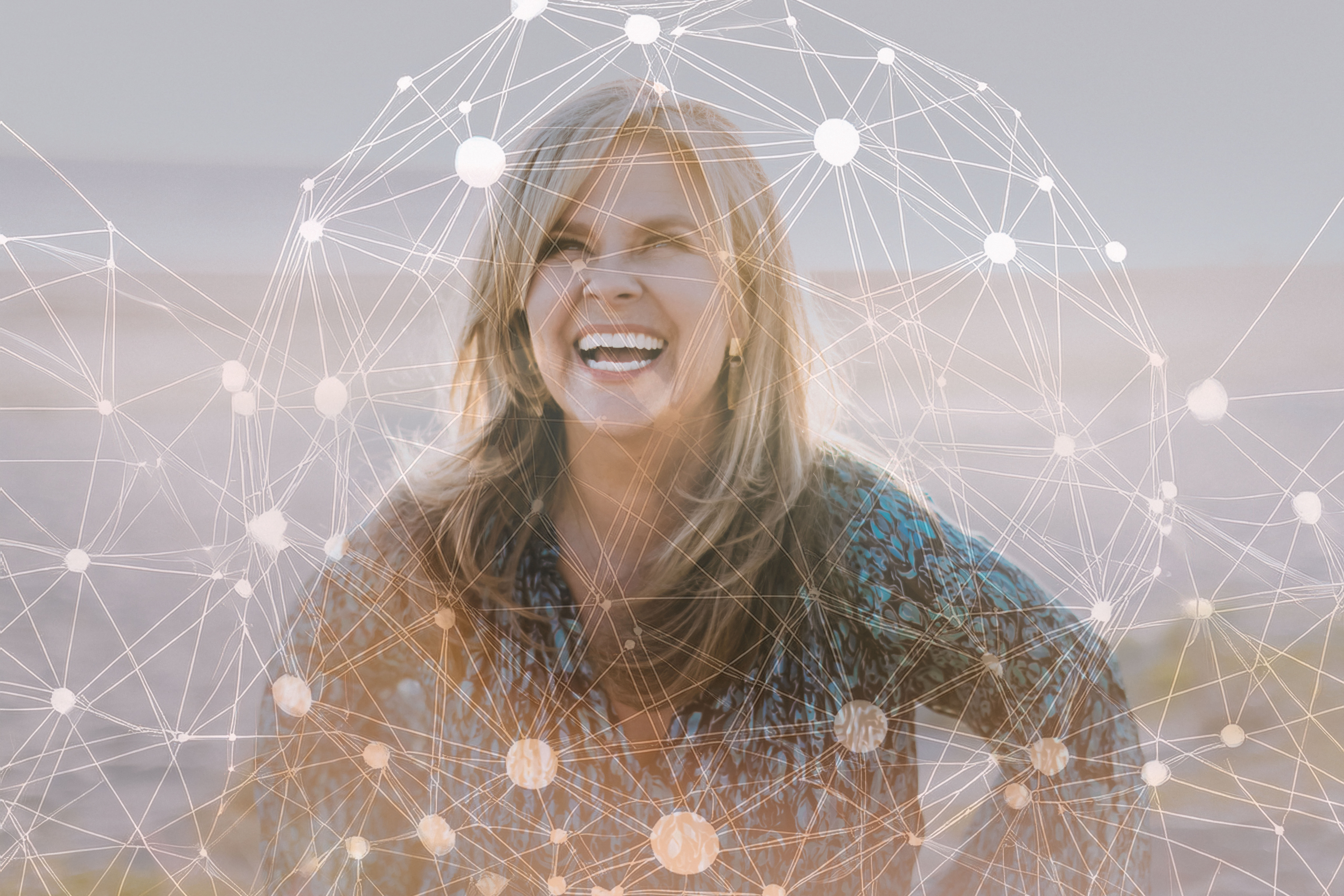
This isn’t my actual picture; luckily there’s no photographic evidence (to my knowledge!), but it might as well be me.
About 3 years ago I began to try to learn to ski in earnest. After a couple of seasons with a few lessons, and practice on nice long (read: relatively flat), groomed runs, I was feeling pretty confident. Tahoe is having an epic ski season this year so I took myself up there and down a slope I hadn’t tried before. Deep powder on one side and moguls (bumps) on the other.
I hate moguls.
I decided to try my luck in the powder.
My problem: I was trying to apply my knowledge of skiing in relatively easier conditions, to deep powder.
It didn’t go well.
When I first started skiing, everything was new – the gear, the lifts, the “pie wedge” I made with my skis as I crept down a bunny slope.
But after a while, I sorta got the hang of it and it became more fun.
I moved from unconscious incompetence (no clue as to how little I knew) to conscious incompetence (very clear I had a lot to learn), to some level of competence... all the way back to unconscious incompetence this week when the conditions changed. (this is called the stages of competence)
This happens all the time when we’re learning new things. We grow through the stages until we reach a level of unconscious competence. The problem is, that we forget what it’s like to not know, and can “go to sleep” when we think we already do.
Most of us are paid to know things; to have the answers to things, to be some sort of expert. This is good to an extent, but it doesn’t allow for curiosity, wonder, and awe.
“In the beginners mind, there are many possibilities, but in the experts mind, there are few” Zen Priest, Shunryu Suzuki
If we fear looking foolish, we may never try something new; if we can’t sit with the discomfort of not knowing, we may miss the opportunity to grow; if we think we are already the expert, we may miss the opportunity to learn (and/or inappropriately apply that knowledge, and land, oh, I don't know, face first in a pile of snow).
A beginner's mind can be applied to new situations or familiar ones. Allowing yourself to “begin again” over and over again can be a way to continually develop new skills, and become truly expert at something.
That’s the theme of our podcast this week. Instead of resolutions or goals this year, Sherry and I are inviting you to look at things with fresh eyes. Listen in for some tools to help you develop a beginners mindset, whether you’re trying something for the first time, or it’s something you’re already pretty good at.
I’ll be practicing a beginner mindset next time I’m on the slopes – clearly still lots to learn!
How about you? Where can you “begin again"?



